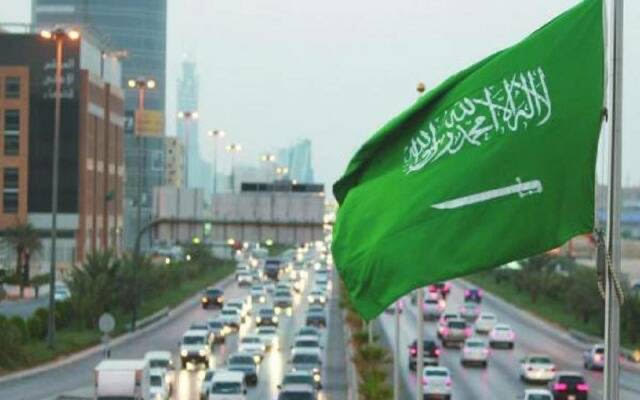Saudi Arabia has announced that it will charge people going for Hajj from Pakistan for Aab-e-Zam Zam, the holy water from the well of Zam Zam near the Holy Kaaba in Makkah.
This announcement means that each pilgrim will have to pay an additional Rs1,114 in addition to the Hajj fees they are already paying. The water will be provided to pilgrims in a five-litre bottle upon their arrival in Pakistan, and they will be charged Saudi Arabian Riyal 15 for the bottle. However, the value being charged is for the plastic bottle and not the water it is carrying.
This new rule has made Hajj a little more expensive for every pilgrim, and this year alone, Rs200 million will have to be paid to the Saudi government for this. The payment will be made in dollars. The Ministry of Religious Affairs revealed that until recently, people returning from Hajj could bring as much Aab-e-Zam Zam as they wanted with no price to pay and no limit.
However, the water was often carried home in substandard containers, which created problems during travel. This prompted Saudi authorities to take this step. In January, Saudi authorities announced that people other than pilgrims, including those on any sort of visit or business visa, would not be allowed to take home any Aab-e-Zam Zam.
In this article, we will discuss the impact of this new rule on pilgrims from Pakistan and the reasons behind it. We will also explore the significance of Aab-e-Zam Zam and why it is considered an important souvenir for pilgrims returning from Hajj.
Why has Saudi Arabia decided to charge for Aab-e-Zam Zam?
The Ministry of Religious Affairs explained that the new rule was introduced to ensure that pilgrims get the water in proper and safe containers. The substandard containers used previously often led to the water being spilled or contaminated, causing problems during travel.
Moreover, the Saudi government needs to provide Aab-e-Zam Zam to a large number of pilgrims each year, and this requires significant resources. By charging for the water, the government aims to recover some of these costs.
What is the impact of this new rule on pilgrims from Pakistan?
This new rule means that Hajj will become a little more expensive for every pilgrim. Each pilgrim will have to pay Rs1,114 in addition to the Hajj fees they are already paying. This may not seem like a significant amount, but for many pilgrims, especially those from low-income backgrounds, it can be a burden.
The total cost of Hajj has already increased significantly in recent years, making it difficult for many Muslims to fulfill this religious obligation. The new rule will further increase the cost of Hajj, making it even more challenging for some people to go.
What is Aab-e-Zam Zam, and why is it important?
Aab-e-Zam Zam is holy water from the well of Zam Zam near the Holy Kaaba in Makkah. It is considered an important souvenir for pilgrims returning from Hajj because it is believed to carry the blessings from the holiest site for Muslims.
According to Islamic tradition, the well of Zam Zam was created by Allah to provide water to Hajar and her son Ismael when they were stranded in the desert. The water is said to have miraculous healing properties and is considered sacred by Muslims worldwide.
Pilgrims returning from Hajj often distribute Aab-e-Zam Zam among friends and family as a symbol of the blessings they received during their pilgrimage. The water is also used for various religious and ceremonial purposes.


